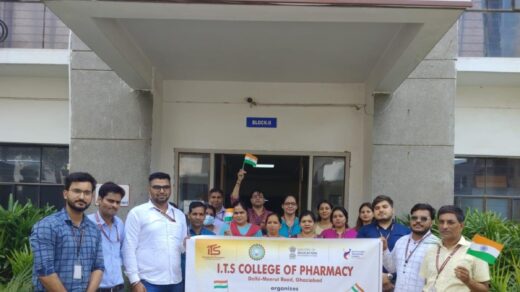7th Pay Commission Latest News: In what comes as good news for the central government employees ahead of the Lok Sabha elections, the government is likely to announce changes in its New Pension Scheme (NPS), also known as National Penson Scheme, by next week.
Speculations are rife that the Modi government may tweak its New Pension Scheme (NPS), by next week, according to Zee Business.
“The government has not changed the name of the pension scheme and has still kept its name as the new pension scheme. However, some improvements have been made in the scheme,” Indian Public Service Employees Federation president VP Mishra told Zee Business Online.
The government had decided to make some changes to the NPS in December last year, to not just hike the Centre’s contribution to the corpus, but also introduce tax exemptions. However, no formal announcement was made regarding the plan, reported Business Today.
According to reports, the changes in the scheme will not only relate to hike in minimum pay and fitment factor but also include extension of tax exemption threshold.
It is reported that the under the proposed changes in the NPS, the government will increase its contribution to employee pension to 14 per cent of the basic salary, from the current 10 per cent.
Earlier, employees contributed 10 per cent of their basic salary to the NPS, with the central government contributing a matching amount.
The individual contributions, which will continue to be capped at 10 per cent of the basic salary, will be exempt from taxable income under Section 80 C of Income Tax Act. Under the 2004 scheme, employees’ contribution could not be used for tax exemptions.
Also, the Centre may double the income tax exemption threshold for the salaried from the present Rs 2.5 lakh to Rs 5 lakh while also reinstating tax-free status for medical expenses and transport allowance, providing some relief to the section already under strain since demonetisation.
At the moment, income up to Rs 2.5 lakh is exempt from personal income tax. Income between Rs 2.5 lakh and 5 lakh attracts a 5 per cent tax, while that between Rs 5 lakh and Rs 10 lakh is levied with a 20 per cent tax. Income above Rs 10 lakh is taxed at 30 per cent. Exemption on income up to Rs 5 lakh is only applicable to individuals of over 80 years.












